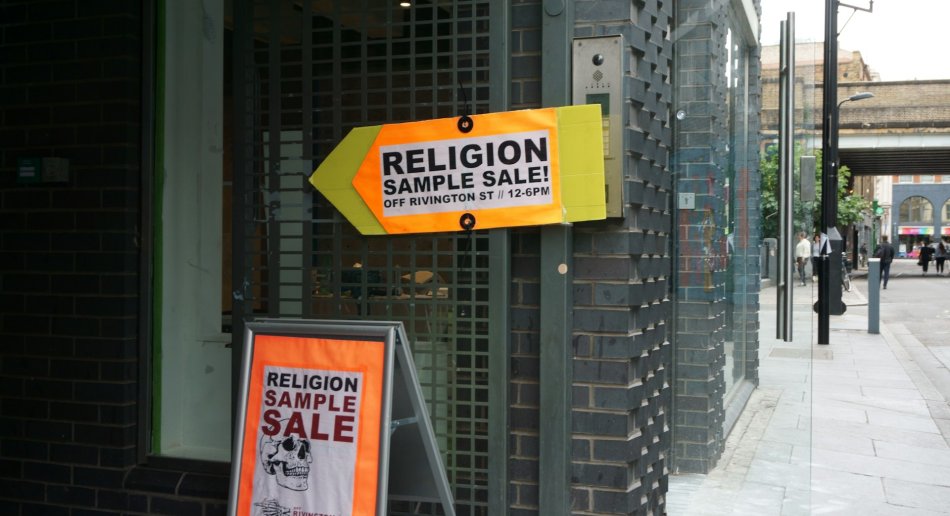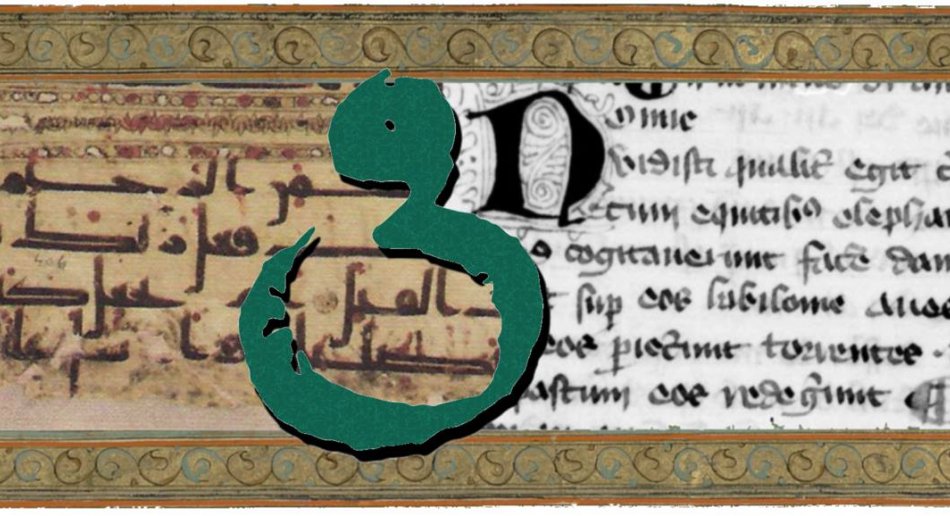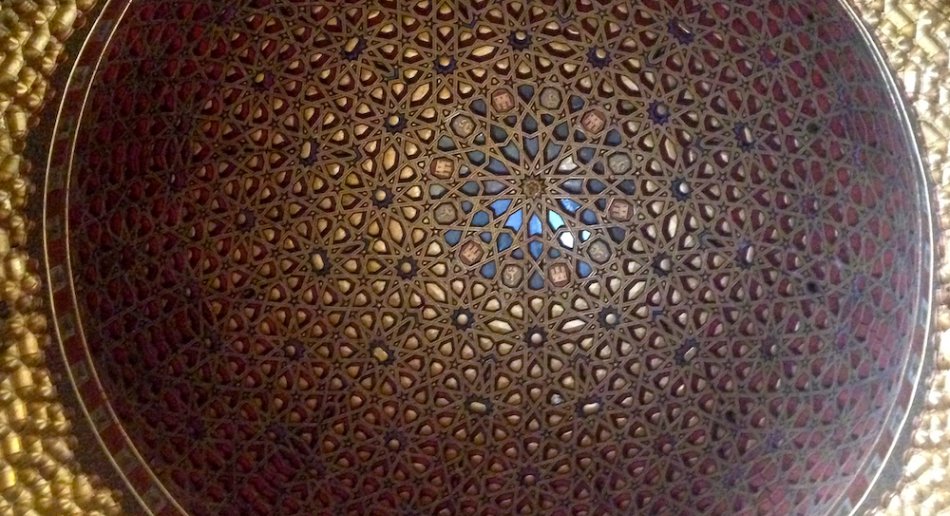
MF CASR: International Workshop with Kevin Schilbrack
What Is “Religion” in Religious Discrimination?
On Sept 22-23, 2025, MF CASR invites you to a 2-day workshop with Kevin Schilbrack, featuring presentations and discussion with scholars of religion from KU Leuven, the University of Helsinki, the University of Oslo, and MF.
For registration and the preliminary schedule, please see the event page.
MF CASR: International Workshop with Kevin Schilbrack
Tid:Social Ontology, Categorization, and Politicized Religious Othering
This workshop explores how the category of “religion” operates in contexts of discrimination and politicized othering—through the lens of social ontology. What kind of thing is “religion” in these contexts? Is it a belief system, a tradition, a lived structure, an institution, or something else? And what are the social and political effects of naming something as “religion”?
We are particularly interested in how the concept of religion is mobilized in legal, political, educational, and everyday contexts, and how these mobilizations intersect with other categories of difference. These entanglements may involve gender, sexuality, race, class, nationality, or other forms of identity and belonging, both historically and in the present.
At the heart of the workshop are questions of classification, recognition, and power—but also deeper ontological questions: Is “religion” a real social entity that acts on people from above? How does it emerge from collective practices and institutional forms? Can constructivist and realist approaches be reconciled—or do they lead to fundamentally different understandings of what “religion” is and does?
By bringing together perspectives from philosophy, religious studies, social theory, and beyond, we aim to critically examine the historicity, conceptual complexity, and political stakes of “religion” as a social category—and explore how philosophical assumptions about its nature shape empirical research and public life.
Speakers:
Kevin Schilbrack
Kevin Schilbrack teaches and writes about the philosophical study of religions. A graduate of the University of Chicago Divinity School, he is the author of Philosophy and the Study of Religions: A Manifesto (Blackwell, 2014) and he is presently interested in the relevance of embodied cognition and social ontology for understanding what religion is and how it works.
Titus Hjelm
Titus Hjelm is Professor in the Study of Religion at the Department of Cultures, University of Helsinki. He joined UH in January 2019. Previously he was Reader in Sociology at University College London (2007–2018), and remains an Honorary Senior Research Fellow at UCL. Hjelm has also held postdoc positions at the University of Amsterdam and University of Helsinki, and visiting fellowships/professorships at University of California, Santa Barbara, University of Uppsala, Sweden, University of Aarhus, Denmark, University of Perugia, Italy, and University of Victoria, BC, Canada.
Hjelm is the Editor in Chief of Sociology of Religion (2023–), Vice President of the International Sociological Association Research Committee 22 (Sociology of Religion), and Past President (2020–2024) of the Finnish Society for the Study of Religion.
Recent Books include: Elements of Research Design (Policy Press, March 2024); Peter L. Berger on Religion: The Social Reality of Religion (Routledge, April 2024)
A. Sophie Lauwers
A. Sophie Lauwers is a postdoctoral researcher and teaching fellow at KU Leuven, where she works at the Institute of Philosophy and the Faculty of Theology and Religious Studies. She obtained her PhD at the University of Aberdeen, where her thesis focused on political secularism and secular Christian hegemony. In her current research, she continues to focus on political secularism in relation to racial and religious inequality, by examing religion and racialisation in national culture, regimes of religious recognition, and questions around religion, epistemic (in)justice and democracy.
Brent Nongbri
Brent Nongbri is Professor in the History of Religions and a specialist in the study of religion with a focus on early Christianity. Currently he runs the research project The Early History of the Codex: A New Methodology and Ethics for Manuscript Studies (EthiCodex), sponsored by the Research Council of Norway (2021-2026). His most recent book, God's Library: The Archaeology of the Earliest Christian Manuscripts (Yale University Press, 2018), was the 2019 winner of the DeLong Book History Prize awarded by the Society for the History of Authorship, Reading and Publishing, as well as the Biblical Archaeology Society's prize for best book on a New Testament topic. He blogs with some regularity at Variant Readings.
Andrea Rota
Andrea Rota is Professor in the Study of Religion at the Department of Culture, Religion, Asian and Middle Eastern Studies (IKOS), at the University of Oslo. His research focuses on the transformations of religion in society since the mid-twentieth century, with a specific emphasis on contemporary forms of religiosity in the Western world. He has conducted extensive studies on the political controversies surrounding religion in public schools and is currently exploring religious and secular narratives in the context of the COVID-19 pandemic.
Rota is also interested in the way religious communities adapt and adopt traditional and new media for their religious purposes. To this end, he has investigated the dynamic relationships between religion, media, and community among Evangelicals and Jehovah's Witnesses.
In a historical context, Rota is captivated by the interwoven relationship between academic research and religious innovation in the 1960s to 1970s and its evolution in subsequent decades.
In his work, Rota strives to integrate empirical research and theoretical analysis, drawing from classical debates in the study of religion such as the emic-etic distinction and exploring emerging topics, such as utopian imaginaries. He is also exploring innovative avenues through philosophical research, in particular the concept of collective intentionality.
Moumita Sen
Moumita Sen is an Associate Professor of Culture Studies and project lead for ERC Starting grant 2023-28 Political Deification: Theorising from Asia and for RCN researcher project 2020-24 Mythopolitics in South Asia. Her forthcoming monograph Mythopolitics in India: Caste, Religion, and Politics is based on her postdoctoral research which focuses on the intersection of aesthetic discourse, popular religiosity, and organized politics in caste activism India. Her larger research interest is in the field of Indian visual culture. Her doctoral dissertation (2016), received the Norwegian king’s gold medal for outstanding research in 2017. She is the co-editor of Nine Nights of the Goddess: The Navaratri Festival in South Asia (SUNY, 2018). Sen is a founder member of the popular research platform and collective Theory from the Margins.
Aktuelt



